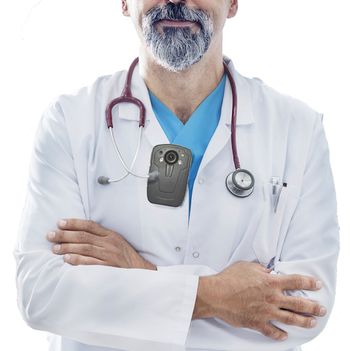
The tech can help with liability issues, but it is rife with patient privacy landmines.

The tech can help with liability issues, but it is rife with patient privacy landmines.

Researchers from the University of North Texas found that a game may work better than waiting around for healthcare to get less confusing.

The findings could prompt advances in precision medicine, researchers said.
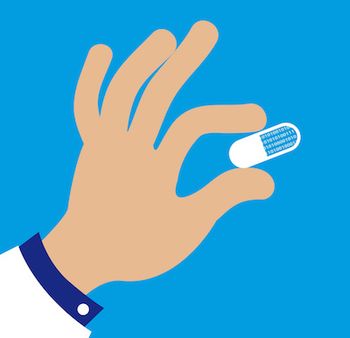
Understanding how patients use opioids could be key to understanding the opioid crisis. Researchers have a new tool for tracking the pills.

Nobody wants "cookbook medicine." Via Oncology CEO Kathleen Lokay explained why treatment pathways aren't that.
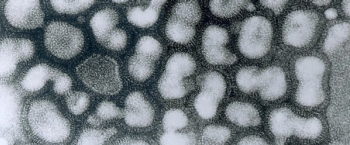
Why a new model designed to tabulate localized influenza outbreaks faces significant hurdles.

For centuries, population-based evidence has laid the foundation of healthcare. Precision medicine will change that.
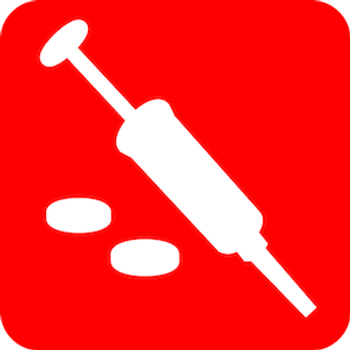
Investigators analyzed 91 studies to develop a framework for future research.
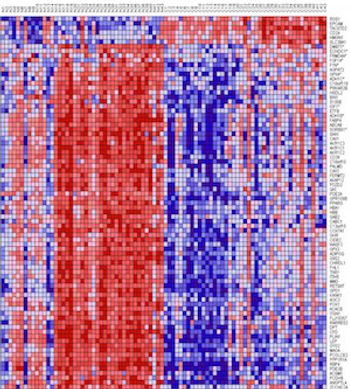
Healthcare must adapt to the new way in which risk factors present, according to a UPMC expert.
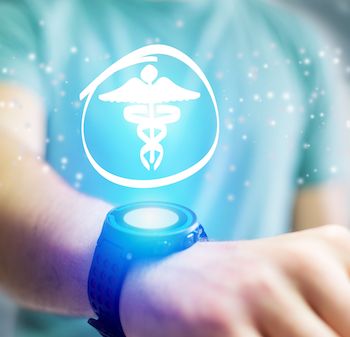
Most remote pain monitoring studies lack context for the data they collect.

3 barriers that hospitals must break down. It's not all about the money.
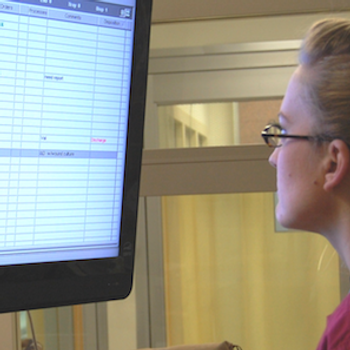
Healthcare can strive for actionable data, especially regarding social determinants of health, a Lumeris executive says.

But researchers must expand their focus beyond incidence rates.
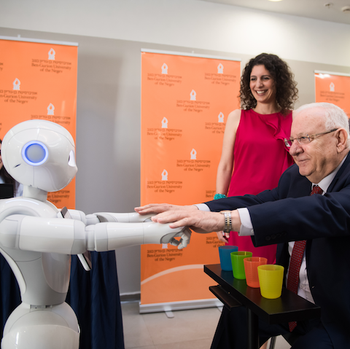
“I think of it as a robotic revolution in rehabilitation.”
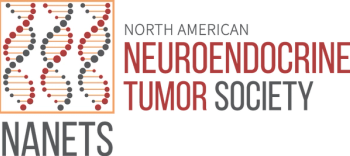
A University of Pennsylvania medical informatics expert describes how healthcare organizations can crunch the numbers to their advantage.

The island’s device manufacturers face major challenges, and consequences could extend across the country.
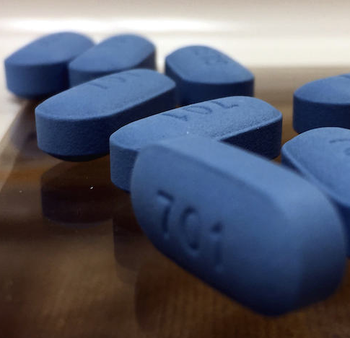
Researchers crunched the numbers from 602 New York City medical clinics and learned who’s not getting PrEP.
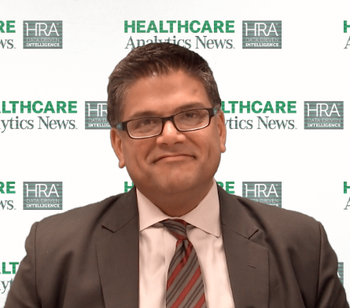
Predictive analytics are powerful, they’re everywhere, and they can be meaningless if not designed with a purpose.
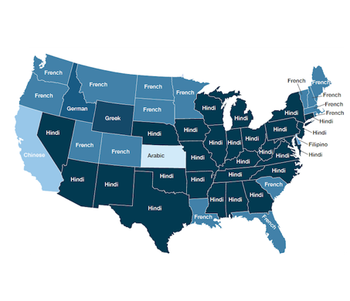
Doximity drew upon its vast network of physicians to undertake the study of language barriers in healthcare.
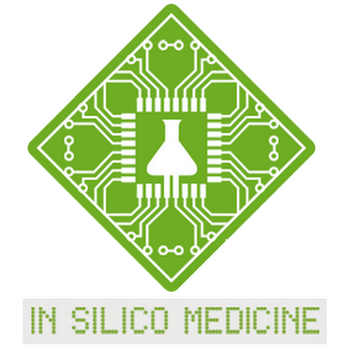
“In theory, the methodology could apply to any medical conditions, as long as we could have enough training data.”
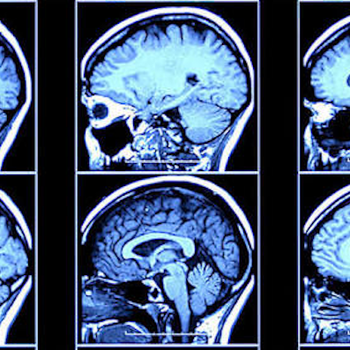
A new study of brain imaging results reiterates the need to focus on gathering quality information.
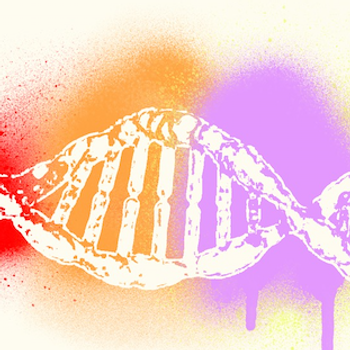
Researchers used whole genome sequencing to identify a genetic signature for the disorder.

From hand sanitizer use to monitoring chronic conditions, hospitals can find novel ways to harness the power of AI, according to a new report.
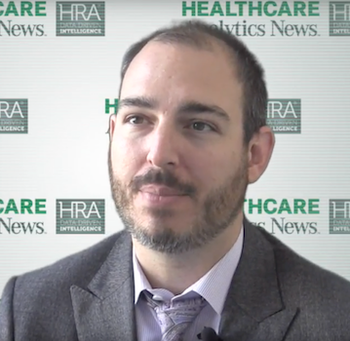
Allowing physicians to not hate their technology seems attainable, if healthcare wants to achieve it
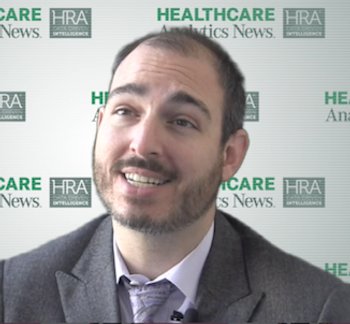
"We need to act and feel like a colleague of the physician. That means culture, that means language, and that means design…"